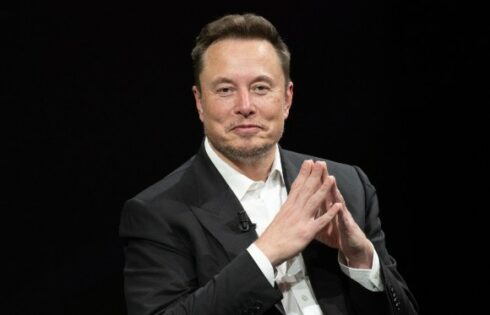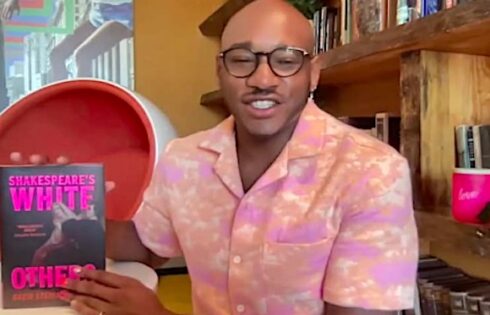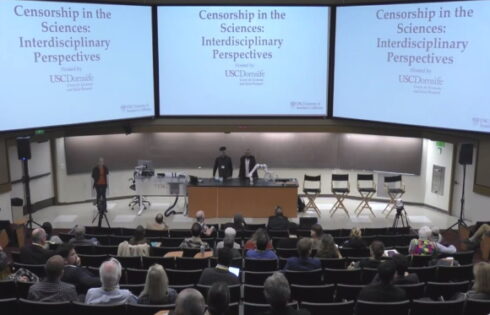
 When the youth vote is discussed, the conversation tends to to begin and end with Barack Obama. But with the Iowa caucuses on the way, can any Republican capture the enthusiasm of young conservatives?
When the youth vote is discussed, the conversation tends to to begin and end with Barack Obama. But with the Iowa caucuses on the way, can any Republican capture the enthusiasm of young conservatives?
It’s not clear, but one thing is: Young Republicans are paying attention to the race, in a way their liberal peers aren’t.
Just 13 percent of people aged 18-29 say they have given a lot of thought to the candidates in the 2012 election; but that’s only down 15 percent from 2007, according to a Pew poll released last week.
There’s a partisan divide, however: While 18 percent less young Democrats say they have been following election news closely than did in 2007, about four percent more Republican leaning youths say they are following the election news closely this time.
“It is a myth that college students are inherently liberal. College students are inherently apathetic, and the Republican Party just doesn’t spend enough time trying to activate them” said Tom Schultz, editor of therisingrepublican.com, a blog that highlights up and coming republican politicians.
Party identification among white Millennials has shifted 18 points in the past three years: In the summer of 2011, 56 percent of white Millennials identified as Republicans.
But if young Republicans do turn out this time, there’s reason to believe it won’t affect much: Perennial dark horse candidate Ron Paul still polls best among young Republicans.
Earlier this year, in a Gallup Poll released Aug. 15, Paul led all of his competitors with 29 percent of voters aged 18 to 29 saying they would vote for him.
“After 2008 Ron Paul started a nationwide movement of college voters, and his supporters are very dedicated,” said Matthew Hurtt, a copywriter at Response America. Hurtt formerly trained conservative political activists at the Leadership Insitute.
Paul’s support hasn’t faded over time either. According to a poll released earlier this month by the University of New Hampshire Survey Center, Paul leads all candidates among young voters in New Hampshire with 32 percent of the vote, and 56 percent of young Republicans said they had a favorable view of Paul.
“He’s a free market candidate,” said Hurtt. “College students are really concerned with economic issues. They’re looking for a candidate that wants to jumpstart the economy. They want to get a job when they get out of college, and they want a candidate who says let’s get the government out of the way.”
While Paul’s support is very strong among young voters, his competitors are falling behind. In the most recent Rasmussen poll, Mitt Romney received support from only eight percent of young voters, and Newt Gingrich received just seven percent.
“Young voters are not particularly excited about Mitt Romney, or Herman Cain, or for that matter Newt Gingrich,” said Holley Tankersley, Associate Professor of Politics at Coastal Carolina University. “So I think there’s a big question mark as to whether they will go for the Republican candidate or they just won’t go at all.”
“This is not a new trend, this is a pretty consistent thing,” Tankersley said. “Republican candidates simply don’t talk about the issues that are important to 18 to 29 year olds.”
Though Ron Paul’s foreign policy views may put him at odds with many Republican donors and make him an unlikely nomination for the GOP, like Barry Goldwater in 1964, he may play a more important role in changing the focus of the Republican Party and pave the way for the next true conservative candidate, according to Hurtt.
“Ten years ago we weren’t talking about sound money or ending the wars, so he has definitely changed the debate,” he said.
Josh Fatzick is the news editor of the Coastal Carolina Chanticleer. He is a contributor to The College Fix.
Like The College Fix on Facebook / Follow us on Twitter





Please join the conversation about our stories on Facebook, Twitter, Instagram, Reddit, MeWe, Rumble, Gab, Minds and Gettr.